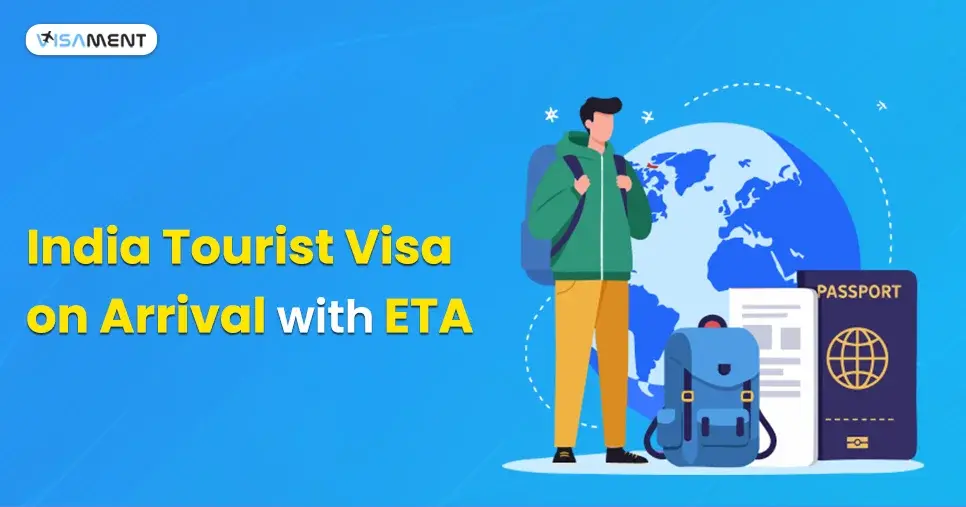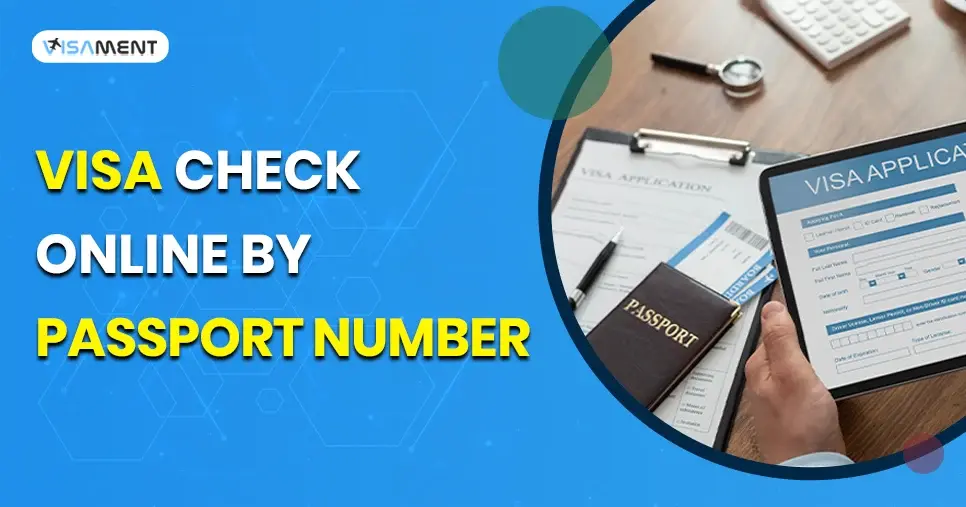Electronic visas have made our travel requirements quite easy. It is an efficient way to obtain the necessary travel documents. As these digital systems are growing, the scams associated with them are also growing. These scams target unsuspecting individuals, extract money and personal information, and cause financial fraud.
If you understand the common tactics of these scams, then you can save yourself from falling into them. In this blog, we have listed some common scams that can be highly dangerous for travelers. We have also provided you with some tips to avoid them and what to do if you are already scammed.
So, stay with us until the end and avoid becoming victims of these fraudulent schemes targeting e-visa applications.
Key Takeaways
- Many scams are running in the market, so always verify the information before taking steps.
- Use the official government website for E-visa applications.
- Check reviews and testimonials on the online service providers.
- If being scammed, report it on the cybercrime website immediately and block all your cards.
Scam 1: Fake Visa Websites
Here is the description of the scam and how you can avoid it:
Scam Description
It is considered one of the most common scams for the e-Visas. The scammers make a similar-looking website that is a legitimate replica of the official websites. They use these platforms to deceive travelers into providing their payment details and personal information. These websites look so similar to the original that it is very difficult to tell them apart.
They lure applicants with various tactics. They use Search Engine Optimization techniques to rank their websites at the top of the search engines. They even run ads on social media platforms and send phishing emails with the links to their website.
How to Avoid It?
To avoid these e-Visa scams, you should always use the authentic website and verify it before submitting your personal details or any payment. Check the security indicators on the website's URL and a padlock icon. You can also look for the phone number and physical address and cross-check it with the official sites.
Use well-reviewed online visa portals and government official websites to ensure that you are not being scammed. By using these measures, you can protect yourself from scams and ensure a smooth travel experience.
Scam 2: Phishing Emails
Here is the description of the scam and how you can avoid it:
Scam Description
It is also a prevalent method for scammers to target travelers seeking electronic visas. These emails look very real, and they are meant to communicate very professionally. They respond in a way that's indistinguishable from official visa services, and that's how they trick applicants. Their main goal is to collect users' personal information —passport numbers, payment information, etc, and use it for financial fraud and identity theft.
Their tactics to scam applicants include replicating branding, logos, and other elements to build trust. These emails may contain links to those fake websites that are similar to the official ones. Once you use these links and provide your information, the scammers capture it and defraud you. Some phishing emails even contain malicious attachments that install malware on your device.
How to Avoid It?
To save yourself from these phishing emails, never open unsolicited emails, click any links, or download attachments. Even if the email appears to be from a trusted source, verify its authenticity before doing anything. Always check the sender's email address and look for any misspellings or anything strange.
You can also verify the sender's identity through official channels. If you feel you received a fake email, you should call the service provider directly using the contact information on the official website. This way, you can confirm the authenticity of the Email.
Your Indian Adventure Starts with a Click – Apply for Your e-Visa Today!
Scam 3: Overpriced Visa Services
Here is the description of the scam and how you can avoid it:
Scam Description
It is also one of the common scams running in the visa service market. The scammers charge extraordinary fees for the Indian e-Visa process, often exceeding official government rates or those charged by legitimate service providers. The fake services make misleading claims, such as faster processing and a premium experience for travelers.
These scammers create creative, professional-looking websites and advertisements to appear authentic, and people will believe them. They rank their websites using SEO techniques and attract potential customers. In some cases, travelers receive a visa after paying a significantly higher fee.
How to Avoid It?
To save yourself from e-Visa fraud, you should compare different service providers and check for their prices before submitting your application for an electronic visa. You should check the visa fees and the processing time for electronic visa applications on the official government website. This will provide you with a brief idea of the process.
You should check the reviews and testimonials on those websites to assess their legitimacy and reliability. Using well-reviewed online electronic visa services is also one way to protect yourself from visa scams. There are many trusted platforms on the Internet, such as Visament, that offer high-quality services at a reasonable cost.
Scam 4: Fake Visa Agents
Here is the description of the scam and how you can avoid it:
Scam Description
In this type of scam, scammers pose as legitimate visa consultants or agents who offer to assist travelers with their online visa applications. These agents claim they have a special connection or insider knowledge of the services and can expedite and obtain hard-to-get visas for you. Their only goal is to first gain the travelers' trust and then extract money from them.
They create professional-looking websites and even post fake reviews and testimonials to appear credible. Some scammers even set up physical offices to create the illusion of legitimacy. They use high-pressure sales tactics and ask the travelers to make quick decisions. Once the payment is done, these fake agents disappear in no time.
How to Avoid It?
To avoid these scams, you should always verify fake visa agents by checking their credentials through official channels. You should ask for their certifications or affiliations with major, well-known organizations. You should contact these organizations to verify the agent's identity.
If an agent asks for upfront payments without guarantees or legitimate promises, there is a higher chance that they are fake. You will be given clear terms and services from real providers before payment. You should use a trusted platform that offers secure services for your visa to avoid these scams.
Scam 5: Social Media Scams
Here is the description of the scam and how you can avoid it:
Scam Description
As social media grows day by day, its scams are becoming increasingly common. The scammers exploit these platforms because they have larger audiences. They use fake ads and fake profiles to promote their services and build trust with the customers. Then send them to their fake websites to defraud them.
They offer too-good-to-be-true deals to their customers and ask them to pay in advance. They even gather customers' personal information and payment credentials and withdraw money from their bank accounts. These scammers also use direct messages to engage with the victims and offer them personalized assistance.
How to Avoid It?
To avoid these scams, be careful when using social media platforms and be cautious of ads claiming attractive services and unsolicited offers. Even if the profile looks legitimate, take time to verify the information they have provided through official channels.
Avoid clicking on unnecessary links on social media platforms and providing personal information on them. You can also consider using privacy settings on these platforms, as scammers target people whose information is publicly available on the internet.
How to Verify the Right e-Visa Website?
Follow the steps to stay safe during the Indian e-Visa application process:
- Use official Indian visa portals: Always use the official Indian e-visa application website.
- Check the domain: The official website's domain is ".gov.in".
- Confirm its security: Check "https://" and an icon of a padlock in the address bar.
- Cross-verify with the local Indian Embassy: Use the links mentioned on the websites of Embassies and Consulates.
- Avoid paying via crypto, UPI, or QR codes: Only secure, authorized payment gateways are available on the Indian e-Visa's official platform.
Stop worrying about delays. Apply now and get Indian Counsellor Services.
Chat NowWhat To Do After Being Scammed?
If you think that you are being scammed, then you should follow the steps below:
- Report the Incident immediately: report it on the official website of cybercrime in your country.
- Notify your bank: Block all your cards and navigate the transactions.
- Inform your country's Indian Embassy; they can confirm whether the application has been received.
- Reapply: Apply again from the official platform or a verified partner.
Why Choose Visament?
Even after learning about the scams around Indian e-Visas, there is a slight chance that you might get caught in one. To remove this possibility entirely, you should use the expert guidance from Visament. We are a trusted platform in India and have a team of professional service providers.
We review applications carefully before submitting them and provide fast approvals. You can also get customer support from our agents 24/7. Stay away from all these scams with Visament and get your Indian e-Visa on time.
Frequently Asked Questions
There are many fake e-Visa websites on the internet, so you should be aware of them. There is one official government website for applying for an Indian e-Visa: indianvisaonline.gov.in. You should not use any other website claiming to be real.
No, you can't really get hacked by simply responding to a text. However, you should avoid clicking links in text or email messages from unknown senders.
You can verify your e-Visa by using the tracking number that you received at the time of application. You can visit the Embassy, Consulate, visa application center, or the official VFS Global website and enter your application/reference number along with your last name to verify the e-Visa.
India launched its e-Visa program in 2014.
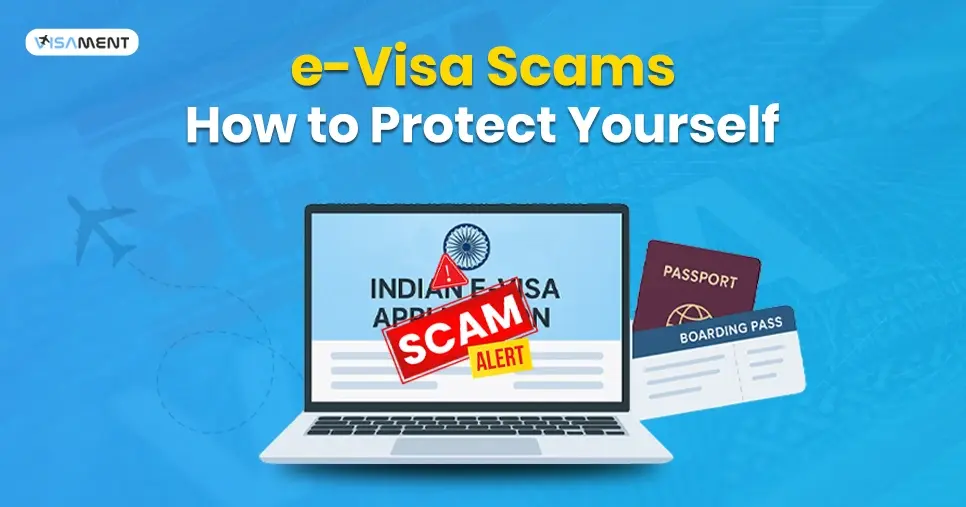
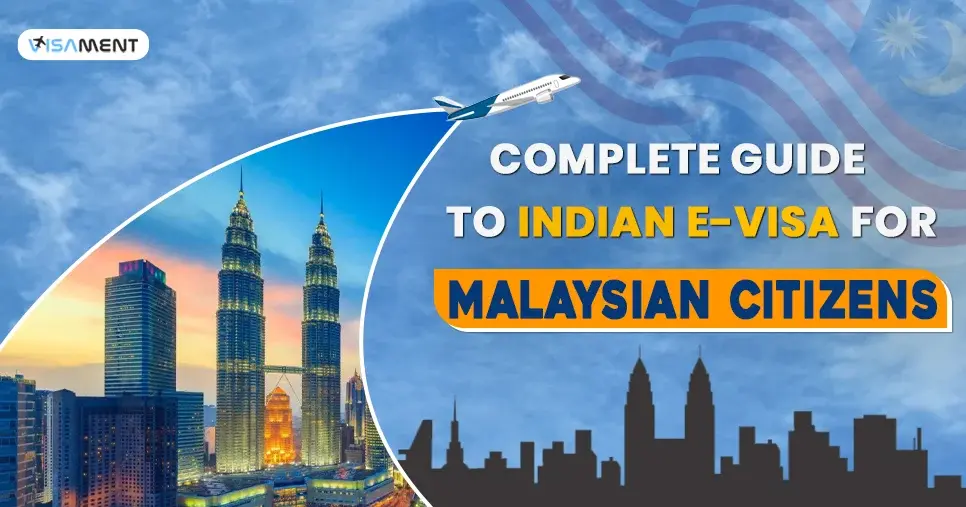


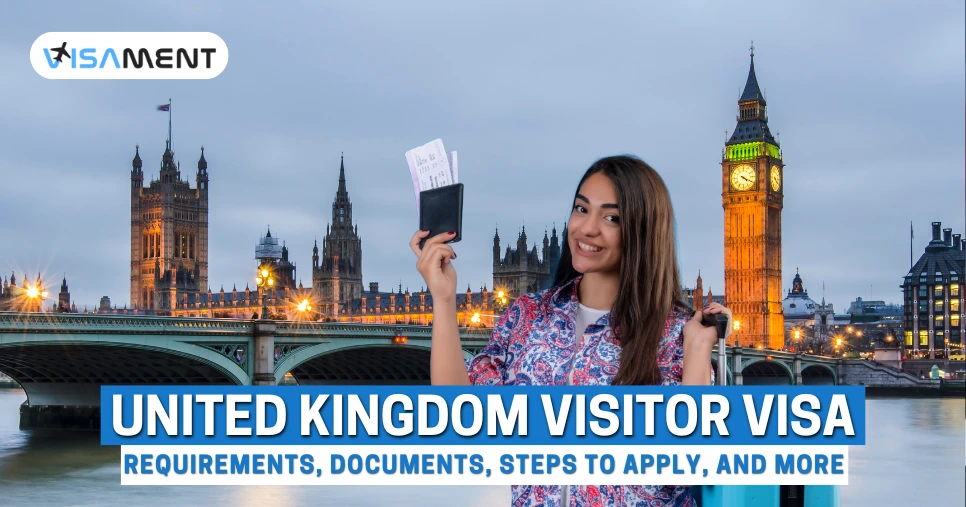

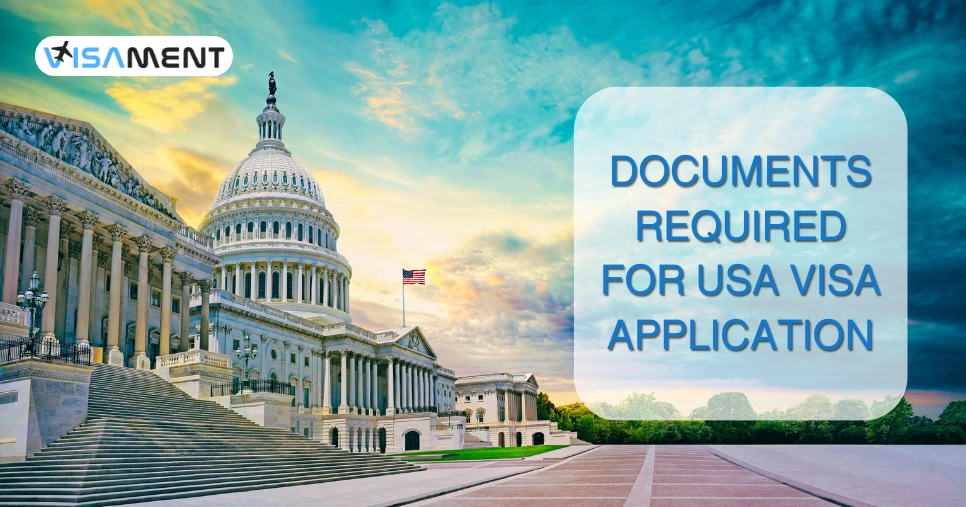
_1742559218.webp)

